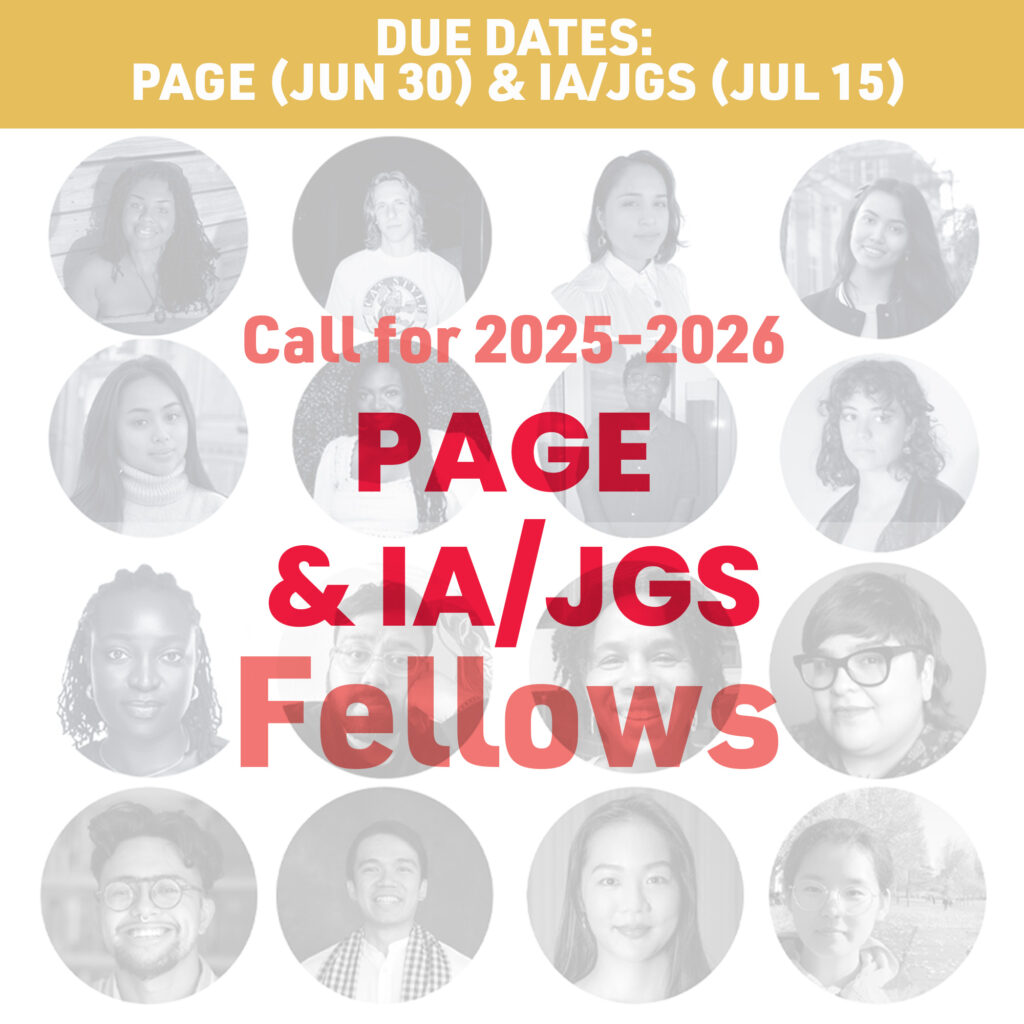Creative Community Development
Believing that arts, design, and the humanities are necessary partners in imagining and realizing healthy and equitable communities, IA has long supported pedagogies, practices, and projects that integrate creative approaches and center local voice and culture in community planning. In addition to ongoing support of the IA consortium’s network of creative community development scholars and practitioners, previous work in this area includes Performing Our Future (2015-2017), a collaborative community cultural development project co-founded by IA, Appalshop’s Roadside Theater, and Lafayette College’s Economic Empowerment & Global Learning Project.
Launched in 2019, IA’s ongoing creative community development project is situated in the intersecting fields of arts, community development, and public health. Led by IA National Advisory Board member Carlton Turner, IA Faculty Director Erica Kohl-Arenas, and former IA Managing Director Mina Para Matlon, “Equitable Food Futures: Activating Community Memory, Story, and Imagination in Rural Mississippi” investigates the agricultural and food histories and infrastructure of Utica, Mississippi with the aim of demonstrating how creative methodologies may catalyze historic and new knowledge in ways that inspire a more expansive imagination of healthy, locally owned, and equitable food futures. This community participatory action research project is funded by the Robert Wood Johnson Foundation Interdisciplinary Research Leaders Program.
The outcomes from this project are summarized in a book chapter, which is part of the edited volume Trauma Informed Place-making (2024, eds. Cara Courage and Anita McKeown). Framed within the broader context of the creative cultural development practices of the Mississippi Center for Cultural Production (also known as Sipp Culture) and a long standing history of social movements for land-based self-determination and locally owned Black farming in the U.S. South, the chapter demonstrates how creative methodologies may catalyze historic and new knowledge in ways that inspire a more expansive imagination of healthy, locally owned, and equitable food futures.
In 2024, IA Faculty Director Erica Kohl-Arenas and Myrna Martinez-Nateras of the Pan Valley Institute (PVI) in Fresno, received funding from the UCHRI (University of California Humanities Research Institute) to connect immigrant, refugee, and Indigenous women culture keepers from Central Valley agricultural communities with cultural organizers in agricultural communities in the Mississippi Delta. Based on over 25 years of research partnership, the project aims to bring together leading agri-culture organizers from each region who are building more equitable, caring forms of food production and culture.


